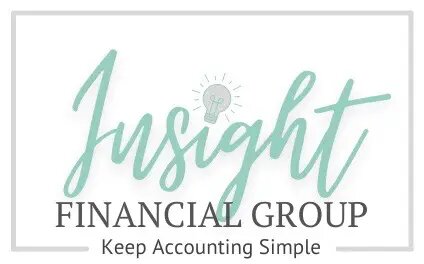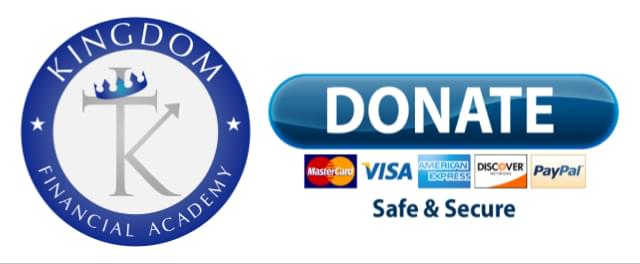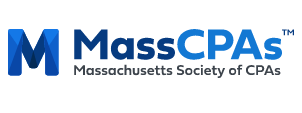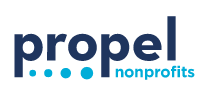As a Certified Scrum Product Owner (CSPO), you’ll be equipped to guide your team through the complexities and challenges of modern projects, ensuring not only completion but excellence.

In today’s fast-paced and ever-evolving tech landscape, Agile methodologies have become a cornerstone for successful project management and product development.
As a Certified Scrum Product Owner (CSPO), you’ll be equipped to guide your team through the complexities and challenges of modern projects, ensuring not only completion but excellence.
Our CSPO Training Camp features:
Up-to-date official Scrum Alliance courseware with practical interactive exercises
Strategies to improve communication and foster collaboration among stakeholders, teams, and customers
Globally recognized certification from Scrum Alliance
Enroll in our CSPO training for essential Agile and Scrum expertise, equipping you to excel as a Product Owner, delivering product success and customer satisfaction
Who Should Attend
Technical professionals associated with the specification, design, development and testing of products will benefit from this two-day program. Some of the professionals this will benefit include:
Product Owners
Product Managers
Business Analysts
Functional/Operational Managers/Directors
Project Sponsors
IT Leadership (Managers/Directors/VPs/CIOs/CTO)
Anyone interested in learning the benefits of Scrum for Product Management
What You Will Learn
Explain the Fundamental accountabilities of a Product Owner
Maximize the value of a product resulting from the work of the Scrum Team
Work with stakeholders to provide transparency towards Product Goals and understand the value of Scrum
Understand customers and users, working to connect them directly to Developers
Create and maintain the Product Backlog whilst developing and communicating the Product Goal
Understand your Product Owner responsibilities within the Scrum Inspect and Adapt Events
Understand how to offer greater transparency with the use of a clear vision, key artifacts, and commitments
Describe the relationship between outcome and output.
Course Includes
Comprehensive CSPO Workbook
Interactive Lectures
Hands-On Labs
Group Workshops
2 Year Membership to Scrum Alliance
Course Outline
Product Owner Core Competencies
Product Owner in different organizations
Demonstrate progress on Goals to Stakeholders
Gathering insights
Product Owner Interaction with Scrum teams
Product Ownership of Multiple teams
Owning the Product backlog
Collaborating with the Scrum team
Goal Setting and Planning
Defining Value
Product Visions and Product Goals
Creating a Sprint Goal
Product Planning and Release Planning
Identifying small valuable increments
Understanding Customers and Users
Product Discovery
Segmenting Customers and users
Conflicting customer needs
Defining Product Outcomes
Connecting developers to users
Validating Product Assumptions
Validating Product Assumptions in Scrum
Approaches to validate assumptions
Working the Product Backlog
Outcome vs Output
Maximizing outcomes
Product Economics
Describing and measuring value
Creating Product Backlogs, Product Goals, and Product Backlog Items
Refining a Product Backlog
Scrum Theory
Empiricism and the three empirical pillars
Benefits of an Iterative and Incremental approach
The Scrum Framework
Scrum Values
Scrum alignment to the Agile Manifesto
Scrum Teams
The responsibilities of the Scrum Team
The responsibilities of the Product Owner, Developers, and Scrum Master
Working with Stakeholders
Working with multiple teams
Scrum events and activities
Benefits of Timeboxing
Purpose of a Sprint
Define and perform Sprint Planning, Daily Scrum, Sprint Review, Sprint Retrospective
Product Backlog Refinement
Artifacts and commitments
Purpose of the Product Backlog, Sprint Backlog, Increment
The commitments of Product Goals, Sprint Goals, and Definition of Done
Product Backlog emergence
Attributes of a Product Backlog
Sprint and Increment relationship
Evolution of a Definition of Done
We built our training and certification programs from the ground up utilizing accelerated learning techniques that maximize learner retention while minimizing time-to-certification.
Our instructors are trained to identify each student’s learning style and utilize varied teaching and assessment techniques that deliver a student-centric learning approach.
Death by Powerpoint? Not at Training Camp. While many of our courses extend beyond the traditional “9 to 5” format, students remain engaged by each day’s mix of lecture, hands-on lab, and exam review sessions. Learn the theory, apply it in a real-world scenario, then translate your knowledge into exam success.
20 Years of Training Camp
Twenty years. More than a few logos. Countless website designs. Over a hundred thousand students certified. You, our student, our customer, our focus, have been great to us.
We are happy to have been a part of your success, because we know you are the sole reason for ours. Happy 20th Anniversary, to us, and from us. We look forward to what the future holds for all of us.
Why Training Camp? Results.
Most training companies commission their employees on income. Training Camp incentivizes our team members on outcomes: customer reviews, certification rates, and repeat business.
From enrollment and pre-class support, to responding to each customer’s unique needs during their time with us, we strive to minimize outside distractions so that students can focus on their primary objectives: get skilled, and get certified.
Industry, Media, and Partner Recognition
Training Camp’s innovative courses, executive leadership, technology thought leaders, and social responsibility initiatives have been featured by national media including MSNBC, CNN, Fox News, Fox Business, Wall Street Journal, and Bloomberg (to name a few).
In addition to the dozens and dozens of awards we have won over the years, this year we were recognized as both (ISC)2 Partner of the Year and EC-Council ATC of the Year.
Experiential Learning, With A Personality
Face it, certification makes training stressful: Volumes of complex technical concepts, long days, the inevitable stress of having to take an examination that either your supervisor expects you to pass or that you need to advance your career.
Stress floods the human body with the stress hormone cortisol. Cortisol impairs cognitive function. Impaired cognitive function results in high-tension classes that produce disappointed students.
To keep students engaged and in “learning mode,” we approach technology education a little differently. Our recipe? One cup knowledge, two tablespoons of humor, and a few pints of certification success.

Budgeting is more than entering numbers into a spreadsheet. Learn how to create your budget (your playbook) to become more impactful to those you serve.

In this section, we cover the basic aspects of budgeting and how budgeting benefits your progress toward attaining your desired lifestyle and reaching your financial goals.

PMP (Project Management Professional) certification training courses are designed to help individuals prepare for the PMP exam, a globally recognized credential for project managers. These courses provide the knowledge and skills required to manage and lead projects effectively, according to best p...

Unless you expect your organization to be stable in the short, medium and long term, you need to understand how to create long-term balance sheet and cash flow projections. Growing organizations must know whether they will have the resources to execute their business plan.

Budgets are the foundation of nonprofit finance and are vital to your organization’s strategic planning and management. Budgeting can seem overwhelming, but it doesn’t have to be.
© 2025 coursetakers.com All Rights Reserved. Terms and Conditions of use | Privacy Policy